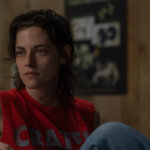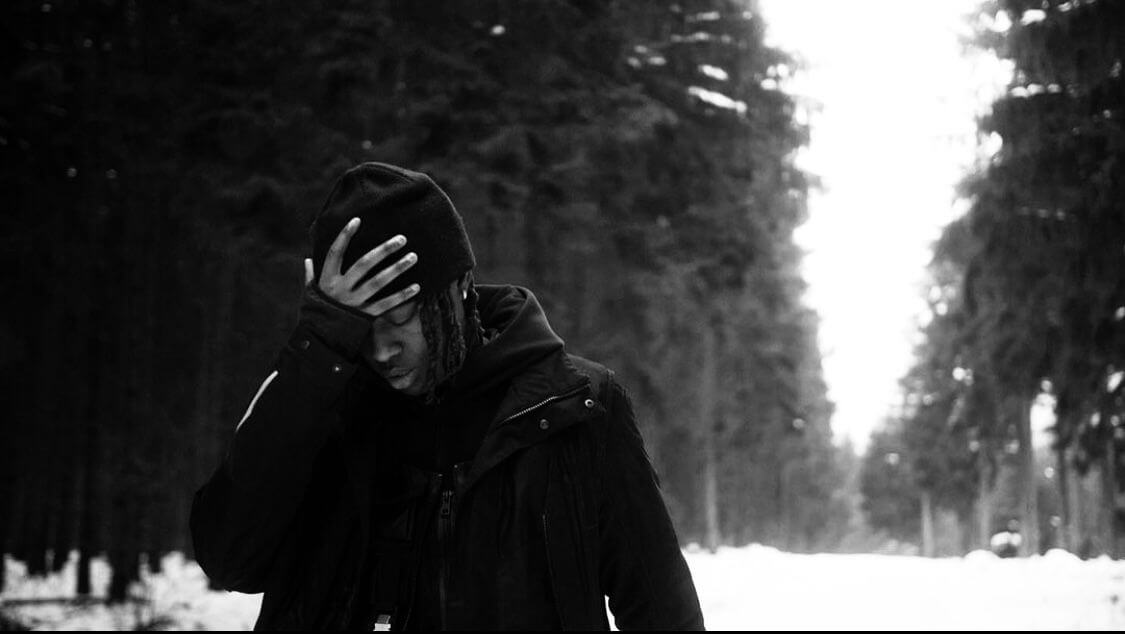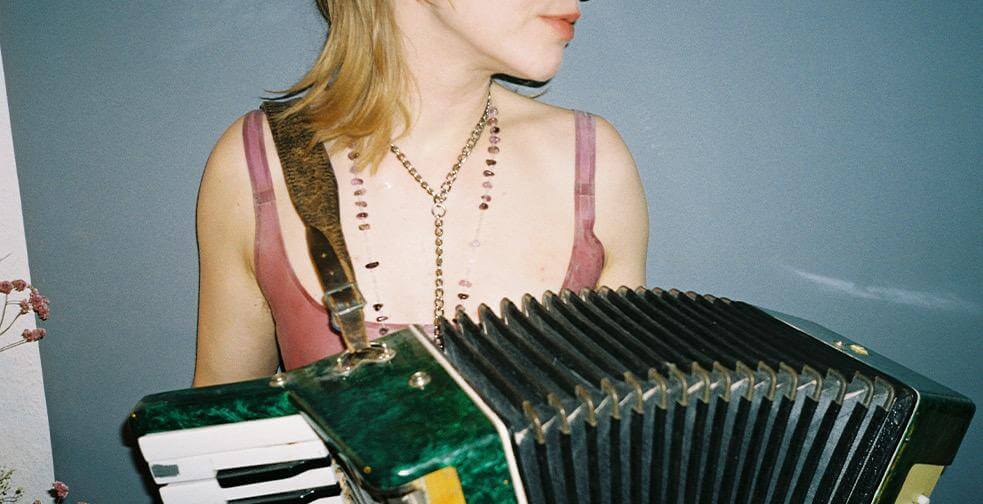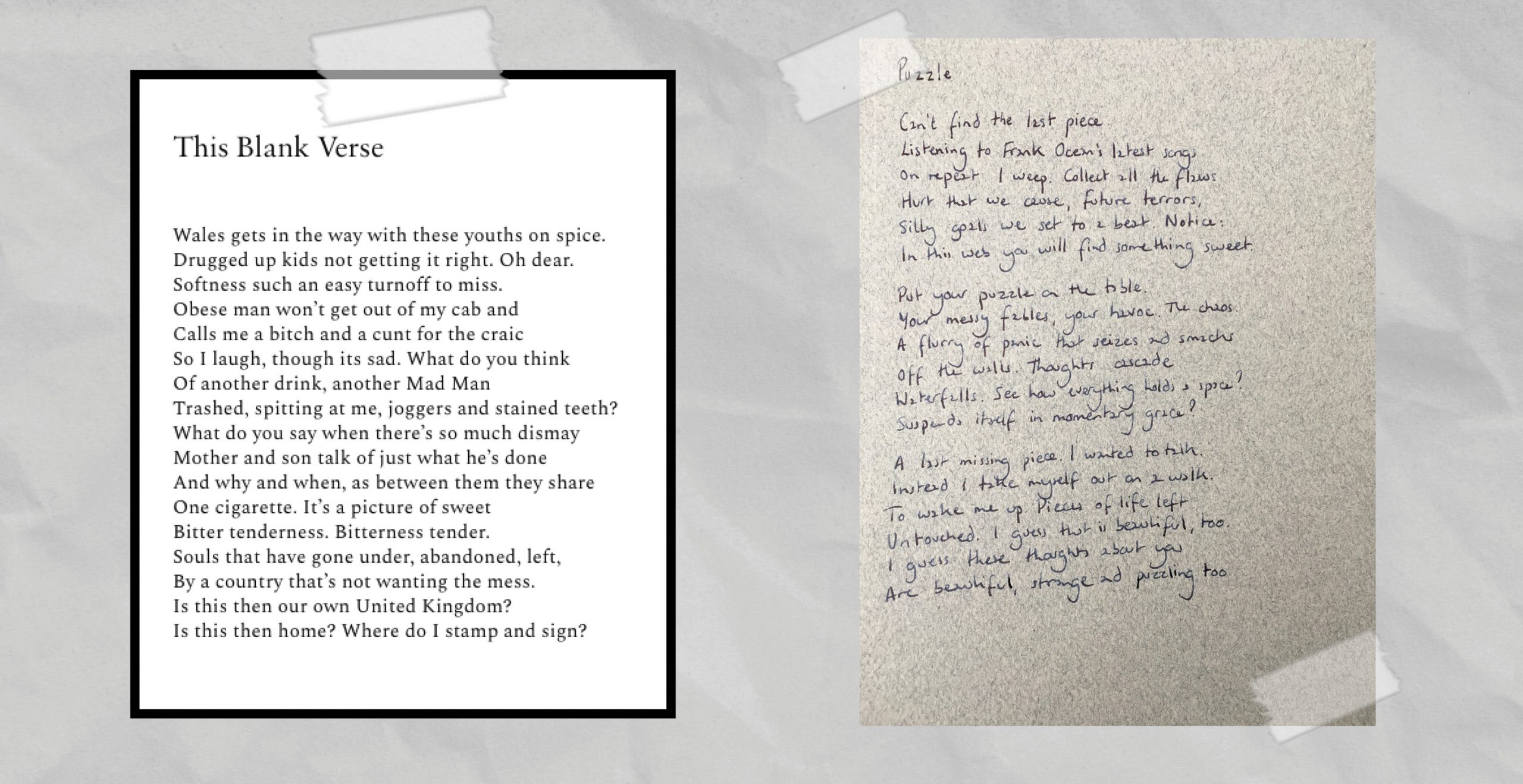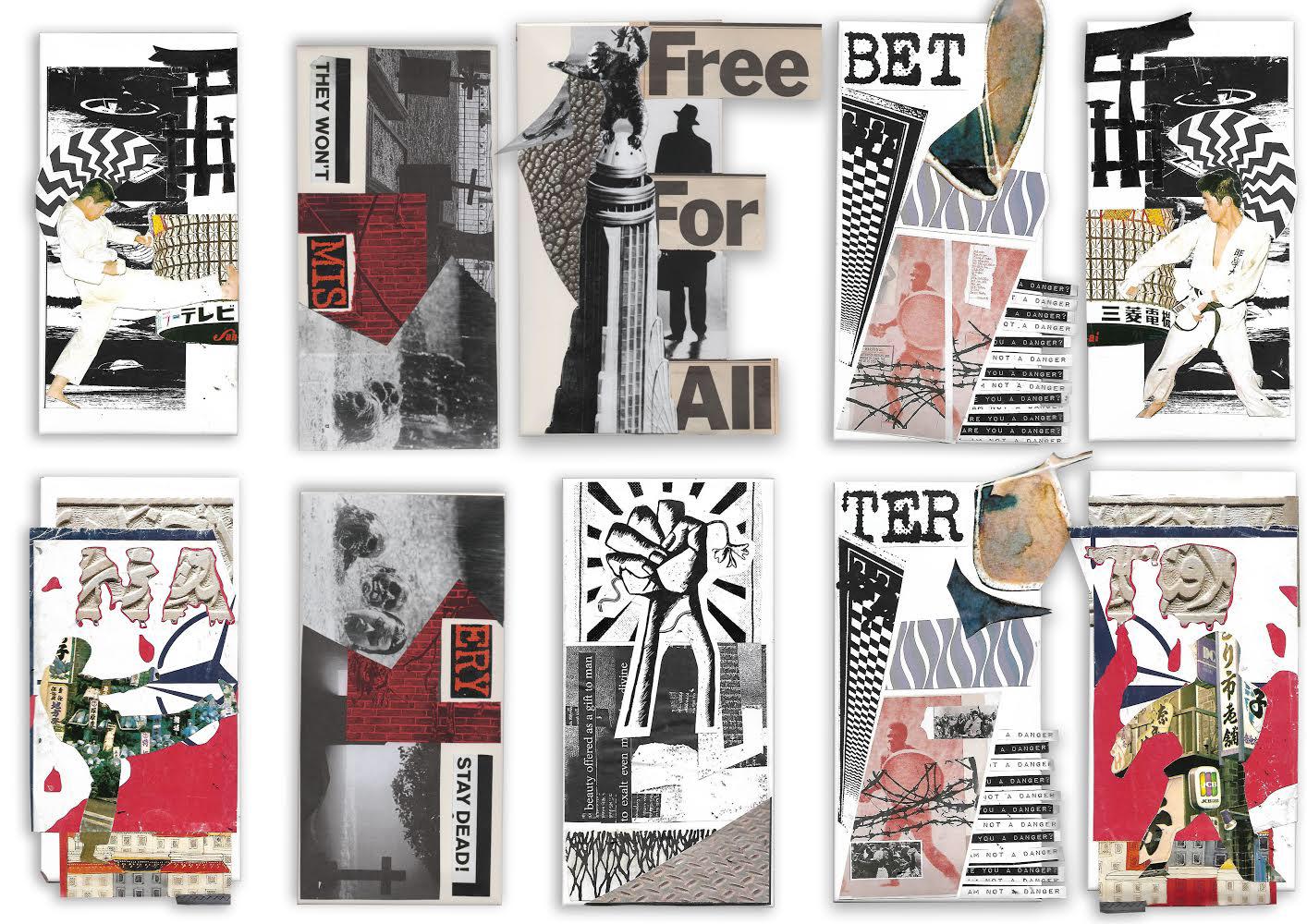Be Gay and Do Crime with Kristen Stewart
What happens when women take over the silver screen and engage in cold-blooded acts often reserved for men?
Well, aside from upsetting hetero men, these narratives often delve into the eerie and the uncanny—the unexpected. Portraying what’s inconceivable, Kristen Stewart has embraced this shift, transitioning from a confused, vampire-obsessed teen to embodying queer occultism and erotism—and we’re here for it.
The American actress, who gained worldwide fame through Twilight—a tale about vampires, werewolves, and teenagers willing to sacrifice everything for love—has, over the last decade, redefined her career. Although the film Twilight, a clear statement on puritanical love and abstinence, put on her the heavy weight of a bland and uninteresting character who aspired to become a vampire, Stewart has overshadowed the terrible script of the saga with bold film choices. Not only has she not allowed Twilight’s Bella Swan to define her, but has also proven that she can tackle a bunch of diverse roles, from indie darlings like Personal Shopper to commercial films with her role as Princess Diana in Spencer. Evidently, a choice she’s been able to afford because of the fame she garnered from Twilight.
A year ago, ahead of the release of Living for the Dead—a series about five queer ghost hunters, with Stewart as one of the executive producers—she confidently described it as “the gayest, most fun, most titillating queer ghost-hunting show ever.” The series explores haunted locations, with the aim to assist the living by healing the dead—a task that only those deeply connected to the spiritual realm could undertake. In an interview with Vanity Fair, writer and film director Durga Chew-Bose asked Stewart if she believed in ghosts, and she said, “I talk to them. If I’m in a weird, small town, making a movie, and I’m in a strange apartment, I will literally be like, ‘No, please, I cannot deal. Anyone else, but it cannot be me.’ Who knows what ghosts are, but there is an energy that I’m really sensitive to. Not just with ghosts, but with people. People stain rooms all the time.”
Is there a connection between believing in the supernatural and committing to less established ways of living? And the answer is positive. Non-heteronormative behaviours and beliefs have been deemed parallel to uncanny and ungraspable, for these beliefs elude our shared logic or neglect our human ‘nature’. These places outside heteronormativity have been a refuge for queers, freaks, and witches, who have long been cast as societal outcasts. Willingly or not, they’ve been drawn to practices and behaviours considered ill or deviant, falling outside heteronormative logic and binaries.
Similarly, the supernatural has been seen as a realm of perversion, where the unknown wields uncontrollable forces. Within this space of the uncontrollable and unfamiliar, these forces become tools of resistance and subversion. How long have queerness and the otherworldly been intertwined? According to historian Mel Gordon in Voluptuous Panic: The Erotic Life of Weimar Berlin, the association dates back to the suppression of paganism, when “supernatural fate and deviant desires became intertwined.”
The concept of the supernatural, which can only be sensed or mediated by someone akin with alike energy, is further explored in Love Lies Bleeding. This A24-produced film, released last month, stars Stewart and is directed by Rose Glass. The film, an acclaimed erotic thriller accurately described as “Pain and Gain for indie lesbians,” weaves an enticing narrative of queer erotism through sweaty muscles, neon lights, murder, and a gay couple. The story, set in the 1980s, draws inspiration from the sci-fi genre that defined the decade, featuring surprising and unexpected turns going in the direction of the supernatural—or more perhaps more adeptly, analogies depicted aimed to portray the unrepresentable.
Love Lies Bleeding is perhaps successful because it portrays women acting on their desires, regardless of their gender and the male gaze. These women are violent and unscrupulous, passionate and messy, ambitious and selfish—traits undoubtedly attributed to men. Here violence and love are intertwined, an anti-statement to womanhood. Made up of unconventionalities, the film is unapologetically queer, portraying the freak and the supernatural—the superpower of being a femme, utterly strong, and fearless, who, in Glass’s portrayal, turns into an actual monster. A delightful irony.
Looking back at Stewart’s earlier years, centred on a teenage girl caught in a love triangle with a male vampire and a male werewolf—a seemingly heterosexual film—it’s clear that Twilight has queer undertones, which Stewart has become increasingly certain of, especially since coming out as queer in 2017. Reflecting on the saga, she’s repetitively remarked that Twilight is “such a gay movie.” Concluding, “I mean, a Mormon woman wrote this book. It’s all about oppression, about wanting what’s going to destroy you. That’s a very Gothic, gay inclination that I love.”
If we think of it, Stewart’s career trajectory has always been on a path toward occultism from the very beginning. From choosing to become a vampire herself to hunting ghosts and dating a woman who turns into a monster when things go out of control, we reflect on Dana Stevens’ review of Love Lies Bleeding in Slate, where she questions, “Be gay, do crime … and then what?” Independently of Stevens’ question, the director comments on the film’s ending, answering one way or the other: “Anyone who does anything terrible probably thinks they’ve got a pretty good reason for doing it.” But do we commit crimes to save love—the freakish kind of queer love? Or to redeem oneself in this lifetime? Whichever it is, what remains true is that Stewart has come a long way in finding redemption, rightfully establishing herself as an interesting film star of this generation.








